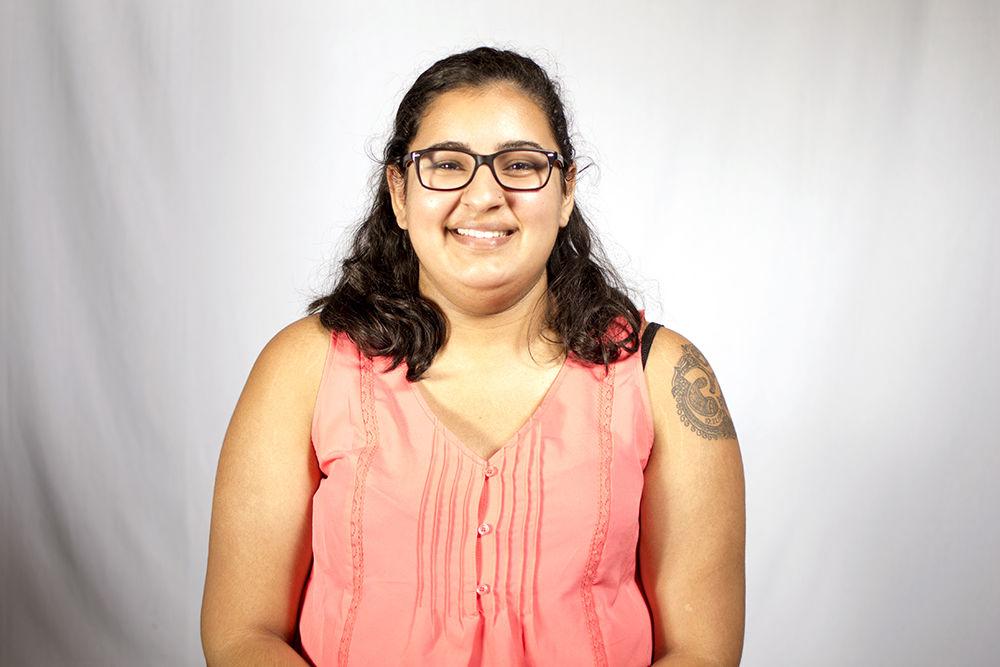NC State is currently in the thick of course registration. Students are frantically planning their schedules, setting up last-minute meetings with their advisers, comparing course grade distributions and praying fervently that the course they want doesn’t fill up before their registration date. Frustrations are high, competition — whether conscious or subconscious — is rampant and MyPack is simultaneously everyone’s most appreciated and most hated website.
I have accommodations through the Disability Services Office (DSO) for attention deficit disorder (inattentive). This allows me, among other things, to register for classes at the very start of the registration period, alongside the graduate students. Further accommodations include extra time on exams, priority seating in classes, the ability to record lectures for later playback and testing centers to take exams outside of the classroom, away from distractions.
This year, I registered for classes on Oct. 19, about a week before registration began for everyone else. Conversations with my peers about this were usually punctuated with statements like, “ugh, lucky,” or “good for you, because registration sucks.” One statement I’ve heard at least once every year, though is, “God, I really wish I had some sort of mental disorder so that I could get accommodations.”
It’s been said before, but I’ll say it again: having a mental illness or learning disorder is not fun. Having a learning disorder is not some sort of free pass I can whip out in order to get all A’s without doing any work. To reduce a mental illness or learning disorder to just something that grants me access to priority registration, or something that gives me an advantage over other students, is to ignore entirely the full effect that disorder has on my life.
Attention deficit disorder (inattentive) manifests itself in people in different ways. For me, it’s procrastinating all of my work until the last minute because I can’t focus on or make sense of my assignments. It’s trying to finish a reading for class and spending hours on one page because the sentences are jumbling, words are swimming on the page and the information is impossible to absorb.
It’s having the constant, terrifying feeling that I’m forgetting something. It’s actually forgetting something important and knowing, once again, that I’ve let someone down, whether it’s myself or someone I care about. I like to think I’ve gotten pretty successful at juggling academics, extracurriculars and personal obligations, but there are days, weeks, months during which it feels as if control of my life is just at the tip of my fingers, impossible to fully grasp.
Having accommodations for my learning disorder is just one way that I can guarantee some semblance of control in my academic life. I can ensure that I get into classes with professors that work with me to make sure I’m on the same playing field as my peers. Moreover, early registration helps me to organize my schedule in a way that creates the most productivity while still giving me enough time to finish assignments and study for exams.
I registered my learning disorder with the DSO during the first week of my first year at NC State. I was terrified of how difficult college would be, how I would be able to cope with the increased levels of difficulty and work while adapting to the major social change of moving to college. This terror re-manifests itself every semester with a change of schedule, a change of professors and a change in course subjects.
Knowing that there are people who are actively wishing for a learning disability in hopes that it will make life easier, without understanding the true impact, is devastating. It’s devastating not only because it shows how lacking the education about learning disabilities and mental illnesses really is, but also because it alludes to a culture that is slowly commodifying mental illnesses as something cool and trendy.
I know I’m far away from being the only student on campus with ADD, or even generalized anxiety disorder (GAD), and I am aware of fellow students who struggle with dyslexia, depression and a variety of other mental illnesses and learning disorders. These students work twice as hard to push through whatever is clouding their brain in order to succeed in their academic, extracurricular and personal pursuits. The last thing they — we — deserve is dismissal by people who don’t understand.
I wouldn’t wish my learning disorder or mental illness on anyone. It is not something that is cool or trendy or even something that makes my life easier by allowing me academic accommodations. It’s something that I have to deal with every moment of my life.
If having DSO-sponsored accommodations means that I can get something close to a break for just a minute or two, then I’ll take it, sitting first seat, front row — exactly how I registered: in the first available seat of the class.














